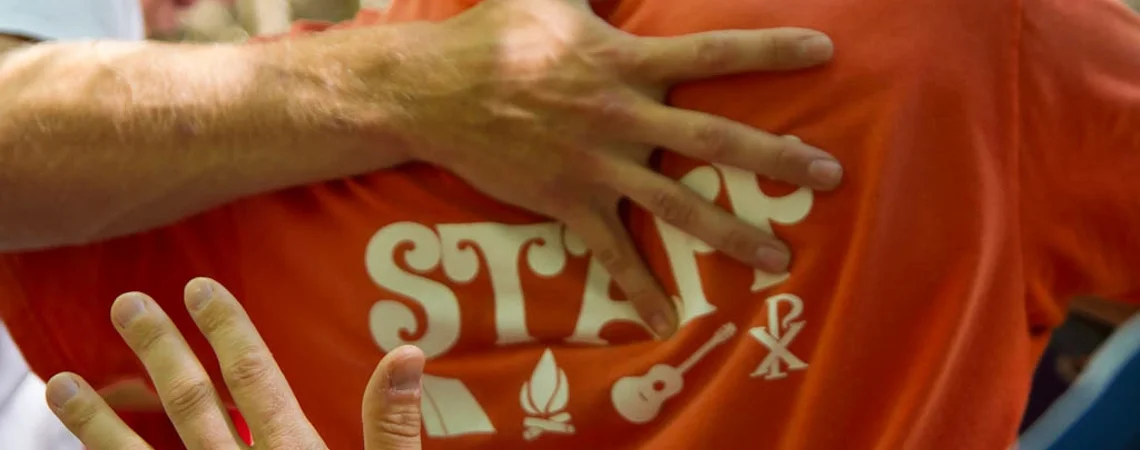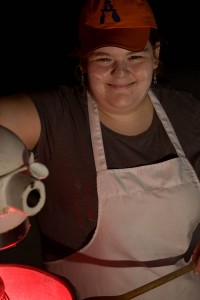It's All About Building Camp Community
As we mentioned in our last newsletter, we're going to take some time this Fall to share activities which help to build small, medium or large sized groups. They are terrific for teen campers for Leaders in Training (or C.I.T.s), and staff. Here are a few more for you to compile for next summer:
Posters
Great for the first time folks gather at camp and not everyone is arriving at the same time
Before anyone arrives, put up poster-sized sheets around your meeting space with ‘get to know you’ questions. Use large newsprint sheets or large whiteboards. Be sure to have plenty of writing utensils for everyone to have at least one. As your people are arriving, explain that they can go around and write down their answers. They can either write their names beside the answers or not. These are great conversation starters and everyone can participate, even those who are shy and afraid to share their opinions out loud in front of a group. You can have fun with the questions or write down serious ones (ex. of all the famous people, who would you like to have dinner with? What is your favourite cereal? What is the best book you’ve ever read? If you could have one super power what would it be? I believe God is…..) You may choose to take up some of the answers when everyone arrives or simply leave them up for awhile so folks can have a chance to read them.
Creative Answer
Another one for differing arrival times
Leave this note on a table near your poster area. “Pretend that we know nothing about you. Using only this card and writing utensils, teach us all about yourself. This is to be done as an individual exercise.” If your teens/staff members do not spot it, point it out to ones who appear to have finished answering poster questions. Have index cards ready to be used and paper clips to attach the card to the collar of the writer's shirt for the remainder of the evening. These spark great conversations!
Silent Interviews
Divide the group into pairs (play or do not play so that the numbers come out evenly - try to mix the group into pairs of folks who don't know each other well. Ask your participants to introduce themselves to their partners. Instruct the group that from this point forward, speaking is not allowed. This includes whispering, mouthing words, and making sounds!
Inform the group that they must tell their partner 3 things about themselves without speaking (similar to a charades game). These things cannot be physical characteristics.
Once all the partners have finished miming to each other, call everyone back into a circle. Tell them not to share their answers with their partners just yet. Ask for each pair to orally introduce their partner to the group, as well as the three things that they learned (or think they learned). This activity is great as a mixer but also provides a few giggles along they way.
For more articles about building staff community please check out this link.






